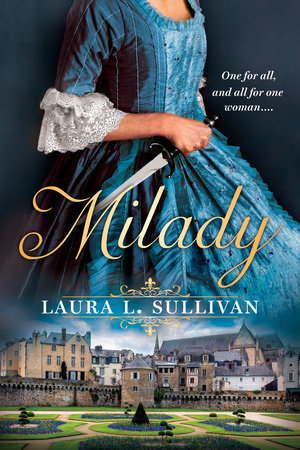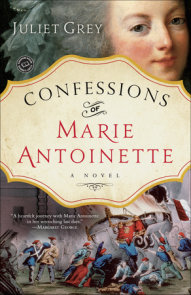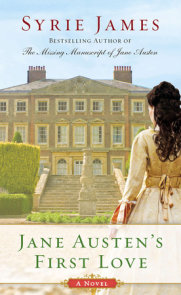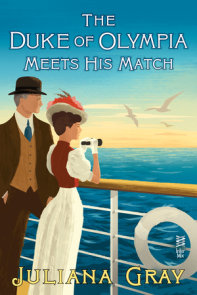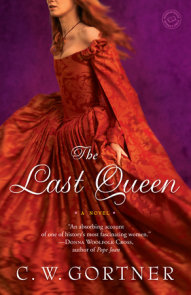READERS GUIDE
MILADYLaura L. Sullivan
Questions for Discussion
1. A constant theme in Milady is having multiple personas. Milady has many names, identities, and disguises. Her mother is also described as having two distinct personas, one when she is alone with her daughter, another when she is with her husband. That is necessary in the spy trade, but is it also something every woman has to do? Every person?
2. Milady is portrayed in The Three Musketeers as a sexual, seductive person who mostly manipulates men. Yet in the novel Milady it is her ability to form relationships with women that is her real strength. Did women need this to succeed in a world dominated by men? How is that relevant today?
3. Do you think Milady should have told the Comte de la Fere (Athos) her secret during their courtship or marriage? When, and what would have been the consequences? Knowing what you do of Athos’s character, why do you think he acted as quickly and decisively as he did when he saw her brand?
4. Poison is sometimes called a woman’s weapon, or a coward’s. And yet, it can be argued that it takes greater subtlety and skill to use it well. As with Milady, a poisoner might also be a healer, using herbs, chemicals, and knowledge of the human body for vastly different purposes. Why do you think poison is associated with female assassins?
5. Do you think that Milady believes herself to be a fundamentally good person? Is a person defined by their worst act, their best, an average, or what they are capable of?
6. Milady is a woman capable of profound independence and self sufficiency. When a woman of her habits and abilities chooses a partner, what does it take to make that partnership work?
7. Winners and the powerful write the histories . . . but in this book, Milady has taken control of her own story away from the men who have always told it so far. Have women and minorities been done a disservice by not having their stories told? How can this be corrected?
8. The fleur-de-lis is a symbol of France. As a brand on Milady’s bosom, it is supposed to be a mark of shame and criminality. Yet in her career she served France’s interests. Do you think that for Milady (and for the reader) the fleur-de-lis brand has any other symbolism? Who was Milady actually serving?
9. In The Three Musketeers, D’Artagnan, the supposed hero, rapes Milady by deception. He also seduces a married woman, and an unprotected servant. In this book, Milady is far too clever to allow that to happen. Discuss the sort of things people have to accept in order to see D’Artagnan as a hero in the original book. Is it acceptable because Milady is called the villain? Because she is already assumed to be promiscuous? Think about the mores of the time that contribute to this, and whether they exist today.
10. Is Milady legitimately in love with George Villiers? If so, how does this first love affect her future relationships?
11. This book contains many scenes of a woman bound and presumably helpless. Is it ever useful for a woman (or anyone) to pretend to be weaker than they are, to allow themselves to be seen as helpless?
12. Discuss the phrase “one for all, all for one” as it is used in Milady, and as it is used in The Three Musketeers. How are the usages different? How does Milady’s final version of the phrase “nous pour nous” or “us for us” sum up the theme of this novel?







